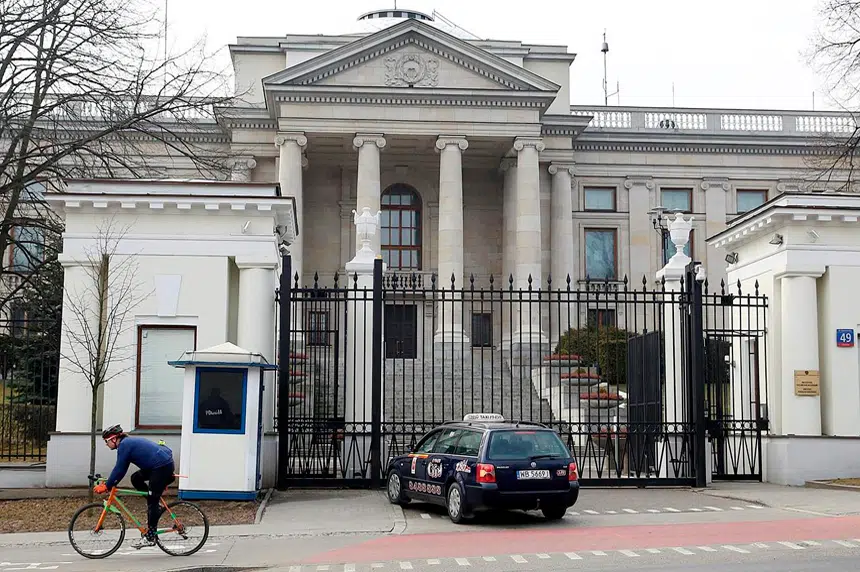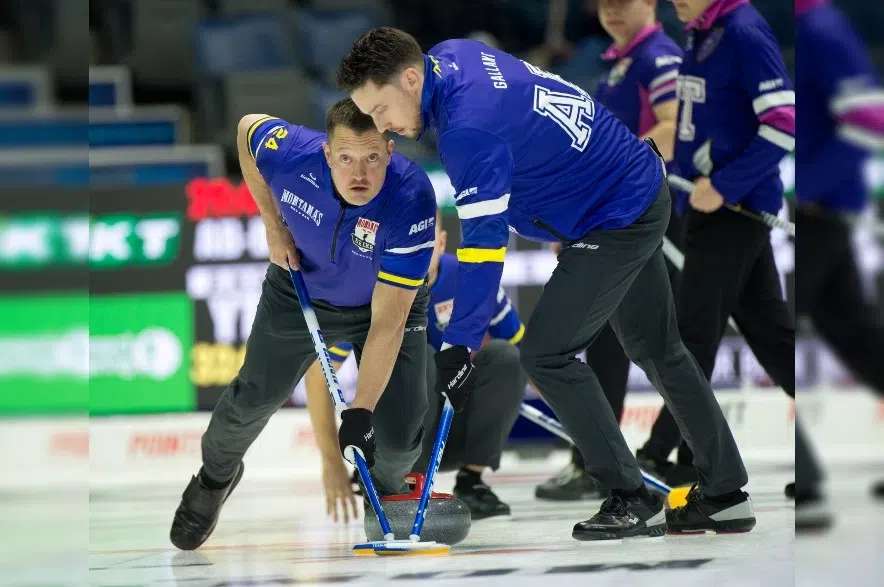Josh Lederman, The Associated Press
WASHINGTON — The United States and more than a dozen European nations kicked out Russian diplomats on Monday and the Trump administration ordered Russia’s consulate in Seattle to close, as the West sought joint punishment for Moscow’s alleged role in poisoning an ex-spy in Britain.
Warning of an “unacceptably high” number of Russian spies in the U.S., the Trump administration said 60 diplomats would be expelled — all Russian intelligence agents working under diplomatic cover, the U.S. said. The group includes a dozen posted to Russia’s mission to the United Nations who the officials said were engaged in “aggressive collection” of intelligence on American soil.
The move was one of the most significant actions President Donald Trump’s administration has taken to date to push back on Moscow and Russian President Vladimir Putin. Less than a week ago, Trump congratulated Putin by phone for his re-election but didn’t raise the spy case, renewing questions about whether the U.S. president is too soft on the Kremlin.
The American penalties were echoed by announcements in European capitals across the continent, including those in Russia’s backyard.
Fourteen European Union nations were expelling Russian diplomats, EU chief Donald Tusk said, with more likely to follow. An EU official put the total from those countries at more than 30 Russians. Germany, Poland and France each planned to boot four, the Czech Republic three and Italy two.
Ukraine, a non-EU country with its own conflicts with Moscow, was expelling 13 Russians, President Petro Poroshenko said. All three Baltic states said they would kick diplomats out. Canada, too, said it was taking action, kicking out four and denying three who have applied to enter the country.
Almost all of the countries said publicly that the Russian diplomats they were expelling were actually spies.
The expulsions came with a chorus of condemnation for the Kremlin — for the poisoning, Russian spying and other Western grievances. Poland’s Foreign Minister Jacek Czaputowicz called it “the right response to the unfriendly, aggressive actions of Russia.” In the Czech Republic, where Russian officials have claimed the poison may have originated, Prime Minister Andrej Babis dismissed that allegation as “an utter lie.”
“The United States and many of our friends are sending a clear message that we will not stand for Russia’s misconduct,” said U.S. Ambassador Nikki Haley, Trump’s envoy to the U.N.
Russia’s Embassy in Washington responded to the decisions on Twitter by hinting at retaliation, asking its followers to vote which U.S. consulate should be shuttered: St. Petersburg, Yekaterinburg or Vladivostok.
In Washington, Russia’s ambassador to the U.S., Anatoly Antonov, was summoned early Friday to the State Department and told that the 60 diplomats would have one week to leave the country, a State Department official said. Antonov was later quoted by Russian news wire Tass as saying he “expressed resolute protest to the “illegal actions” and emphasized there’s no proof of Russian involvement in the poisoning.
Russia’s Consulate General in Seattle must close by April 2. The facility is a particular counter-intelligence concern to the U.S. because of its proximity to a U.S. Navy base, said the senior U.S. officials, who spoke on condition of anonymity because they weren’t authorized to be identified by name.
White House spokeswoman Sarah Huckabee Sanders said the actions would make the U.S. safer by “reducing Russia’s ability to spy on Americans and to conduct covert operations” that threaten U.S. national security.
“With these steps, the United States and our allies and partners make clear to Russia that its actions have consequences,” Sanders said.
Britain has already expelled 23 Russian diplomats, accusing them of being undeclared intelligence agents, which led Russia to expel the same number of British diplomats. The European Union has already recalled its ambassador to Russia.
The steps on both sides of the Atlantic Ocean add to a serious escalation of tensions between Russia and the West that has been building since the March 4 poisoning of Sergei Skripal, a former Russian military intelligence officer convicted of spying for the U.K., and his daughter, Yulia. The two remain in critical condition and unconscious. A policeman who responded to their home was also injured.
Britain has accused Moscow of perpetrating the attack using a Soviet-developed nerve agent known as Novichok. The U.S., France and Germany have agreed it’s highly likely Russia was responsible. Russia’s government has denied responsibility and has blasted Britain’s investigation into the poisoning.
___
Associated Press writers Raf Casert in Brussels, Jill Lawless in London, Sylvia Corbett in Paris, Monika Scislowska in Warsaw and Rob Gillies in Toronto contributed to this report.












